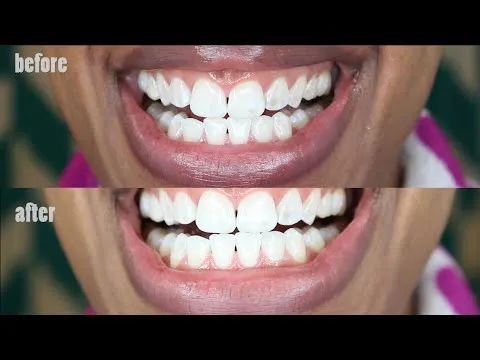What is Activated Charcoal and How Does it Work?
Activated charcoal has gained immense popularity in the realm of oral care, particularly for teeth whitening. But what exactly is it, and how does it work its magic? Unlike the charcoal briquettes used for grilling, activated charcoal is a fine, black powder made from various materials like coconut shells, wood, or peat. The activation process involves heating these materials at extremely high temperatures, followed by the addition of an activating agent like steam. This process creates a highly porous structure that increases the surface area of the charcoal, making it exceptionally absorbent. When used for teeth whitening, activated charcoal acts as a mild abrasive, helping to remove surface stains and impurities from your teeth.
The History and Science Behind Activated Charcoal
The use of charcoal for medicinal purposes dates back to ancient times. Historical records show that ancient Egyptians utilized charcoal for various health applications, including oral hygiene. The science behind activated charcoal’s effectiveness lies in its unique ability to adsorb, not absorb, substances. Adsorption is a surface phenomenon where molecules adhere to the surface of the charcoal due to its porous nature and large surface area. This allows activated charcoal to trap and bind to impurities, toxins, and staining agents, which are then removed when you rinse or brush your teeth. This principle is also why activated charcoal is used in various other applications, such as water filtration and treating poisoning.
The Benefits of Activated Charcoal for Teeth Whitening
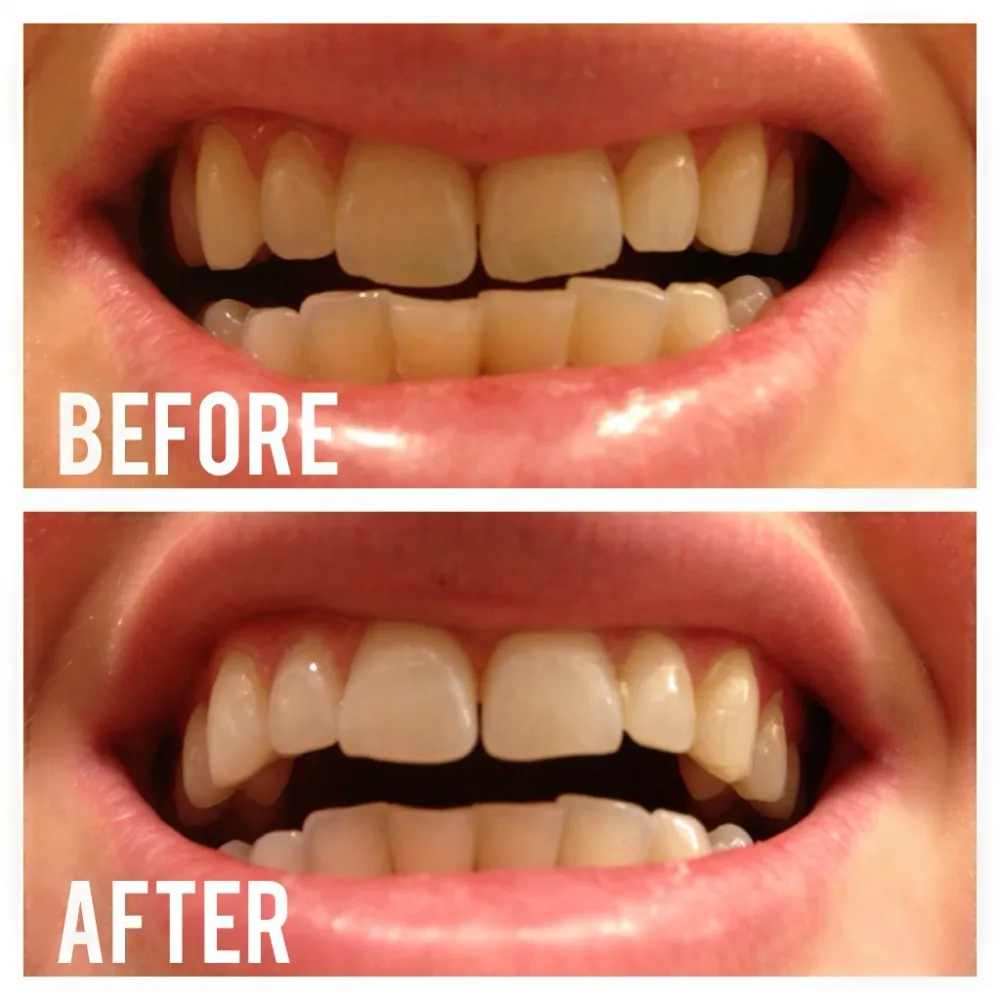
The allure of a brighter smile has driven many to explore different teeth whitening methods. Activated charcoal presents itself as an attractive option for several reasons. Firstly, it’s a natural alternative to chemical-based whitening products. Many people are increasingly seeking out more natural ways to improve their health and appearance, and activated charcoal fits this bill. Secondly, it’s relatively inexpensive and readily available. Unlike professional teeth whitening treatments or expensive over-the-counter products, activated charcoal is affordable and accessible. Finally, many users report noticeable improvements in their teeth’s appearance, making it a compelling choice for those looking for a quick and easy teeth whitening solution.
Effectiveness of Activated Charcoal for Whitening Teeth
The effectiveness of activated charcoal for teeth whitening is a topic of ongoing discussion. While some studies suggest it can remove surface stains and improve tooth brightness, it’s essential to manage expectations. Activated charcoal is most effective at removing external stains caused by coffee, tea, wine, and certain foods. However, it is less effective at altering the intrinsic color of your teeth, which is determined by genetics and aging. The results can vary depending on the individual’s initial tooth color, the type and severity of stains, and the consistency of use. Moreover, it’s important to note that activated charcoal is not a substitute for professional dental care.
Results You Can Expect from Activated Charcoal
So, what specific results can you anticipate from using activated charcoal for teeth whitening? The following are some of the key outcomes that users often experience. It’s important to remember that individual experiences can vary, but these are common results that people see when incorporating activated charcoal into their oral hygiene routine.
Result 1 Reduced Surface Stains
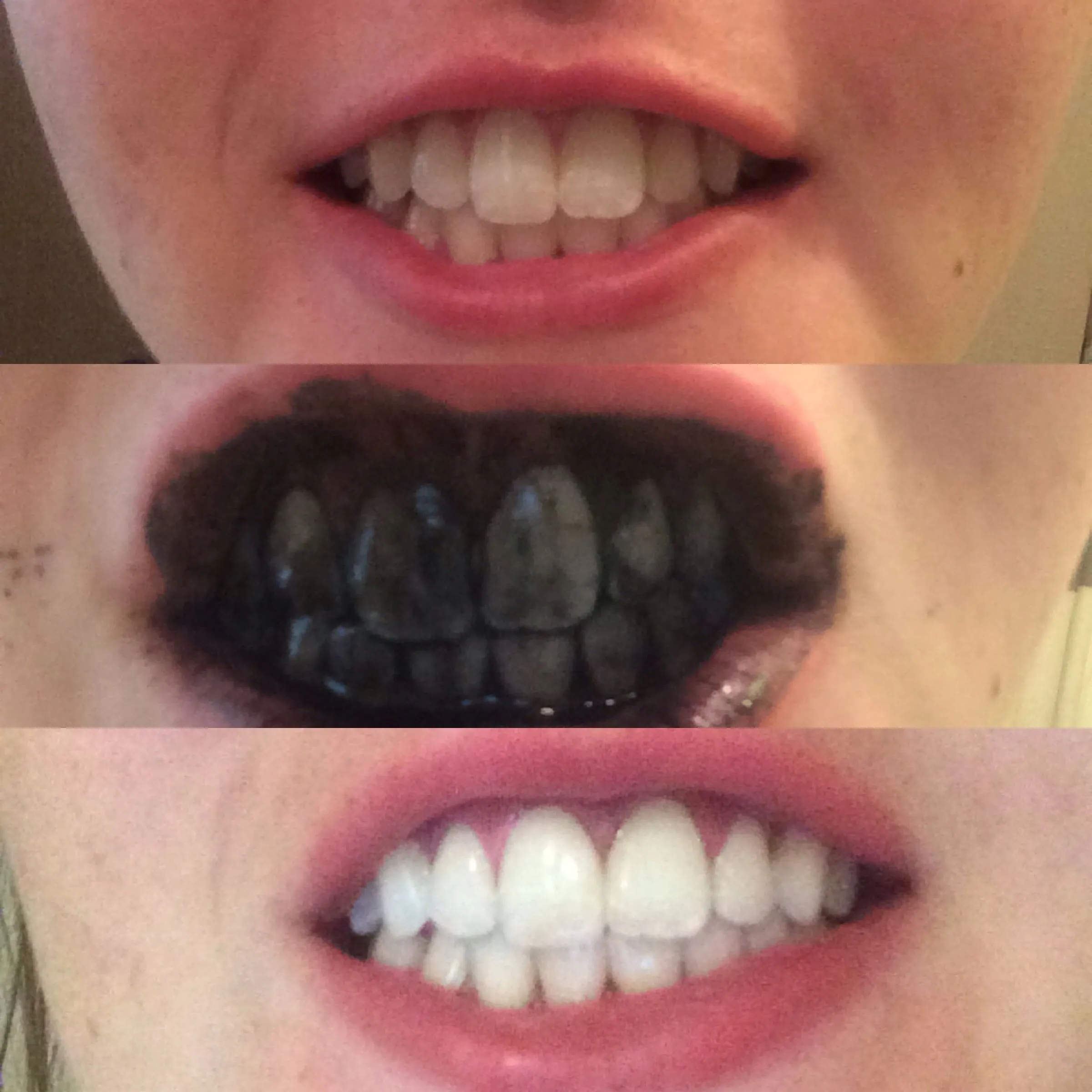
One of the primary benefits of activated charcoal is its ability to reduce surface stains. The abrasive nature of the charcoal helps to scrub away stains from the enamel, leading to a noticeably brighter smile. Regular use can help to eliminate stains caused by coffee, tea, and other staining agents. The charcoal particles gently polish the teeth, removing the buildup that can dull the appearance of your smile. This can be a significant cosmetic improvement for those with surface staining issues.
Result 2 Removal of Toxins
Activated charcoal is known for its ability to bind to toxins and impurities. When used in the mouth, it can help to remove bacteria and other harmful substances. By reducing the presence of these toxins, activated charcoal can contribute to improved oral hygiene. This can lead to fresher breath and a healthier mouth environment. The adsorption properties of the charcoal make it an effective tool for cleaning and detoxifying the mouth.
Result 3 Fresher Breath
Bad breath can be caused by various factors, including bacteria buildup and food particles. Activated charcoal can help to combat bad breath by absorbing odor-causing compounds and removing bacteria from the mouth. By cleaning the oral cavity and reducing the presence of these compounds, activated charcoal can leave your breath feeling fresher and cleaner. This is a beneficial side effect that adds to the overall benefits of using activated charcoal.
Result 4 Absorbing Plaque and Bacteria
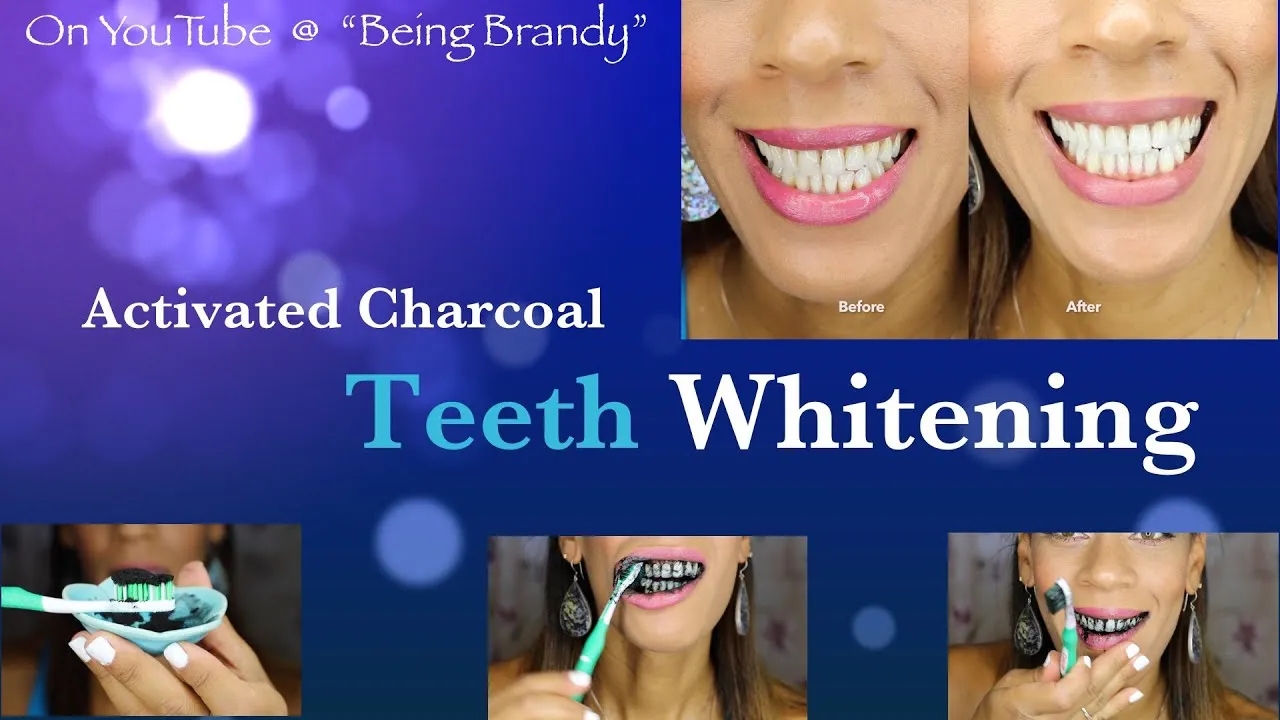
Plaque and bacteria are major contributors to various oral health problems, including cavities and gum disease. Activated charcoal’s adsorptive properties allow it to bind to plaque and bacteria, helping to remove them from the teeth and gums. This can contribute to a cleaner mouth and help to prevent dental issues. Regularly using activated charcoal can be an added layer of defense in your daily oral hygiene routine.
Result 5 Natural Alternative to Chemicals
Many people prefer natural alternatives to chemical-based products, and activated charcoal offers a natural solution for teeth whitening. Its non-toxic nature makes it a popular choice for those looking to avoid harsh chemicals. This can be particularly appealing for individuals with sensitive teeth or those who are concerned about the ingredients in commercial teeth whitening products. The use of a natural alternative provides peace of mind while still striving for a brighter smile.
Result 6 Enhanced Oral Health
While activated charcoal is mainly known for its whitening properties, it can also contribute to overall oral health. By removing bacteria, toxins, and plaque, it helps to create a healthier environment in the mouth. This can lead to improved gum health and a reduced risk of dental problems. The added benefits to overall oral health make it an even more attractive option for regular use.
Result 7 Polished Teeth and Brighter Smile
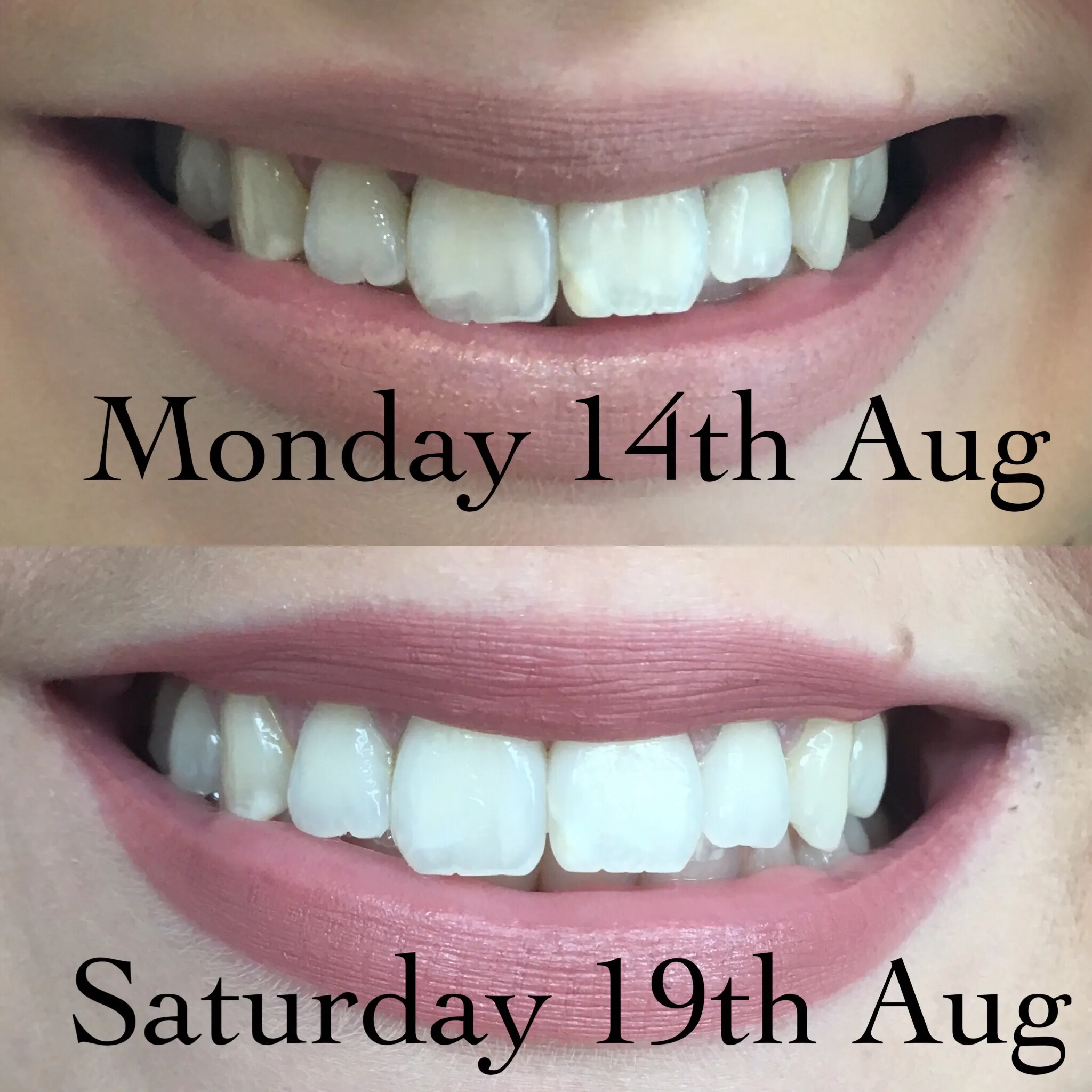
The mild abrasive action of activated charcoal can help to polish the teeth, leaving them feeling smoother and looking brighter. This polishing effect contributes to the overall cosmetic appeal of a brighter smile. Consistent use of activated charcoal can result in a noticeable improvement in the overall appearance of your teeth, enhancing your confidence and smile.
How to Use Activated Charcoal for Teeth Whitening
Using activated charcoal for teeth whitening is relatively straightforward. However, proper application is essential to achieve the best results and minimize any potential risks. Here’s a detailed guide to ensure you’re using activated charcoal correctly and safely. Before starting any new oral hygiene routine, it is best to consult with your dentist.
Proper Application Techniques
- Preparation: Start by moistening your toothbrush. You can use a regular toothbrush, but it’s recommended to use a separate toothbrush specifically for activated charcoal to avoid staining.
- Application: Dip your wet toothbrush into the activated charcoal powder. Be careful, as it can be messy. A small amount is sufficient.
- Brushing: Brush your teeth gently for 2-3 minutes, using small circular motions. Ensure you cover all surfaces of your teeth. Avoid applying too much pressure, as this can damage your enamel.
- Rinsing: Rinse your mouth thoroughly with water. It’s best to rinse several times until all black residue is removed. You can also use a mouthwash.
- Cleaning: Clean your sink and surrounding areas immediately to prevent staining. Activated charcoal can stain surfaces.
Choosing the Right Activated Charcoal Product
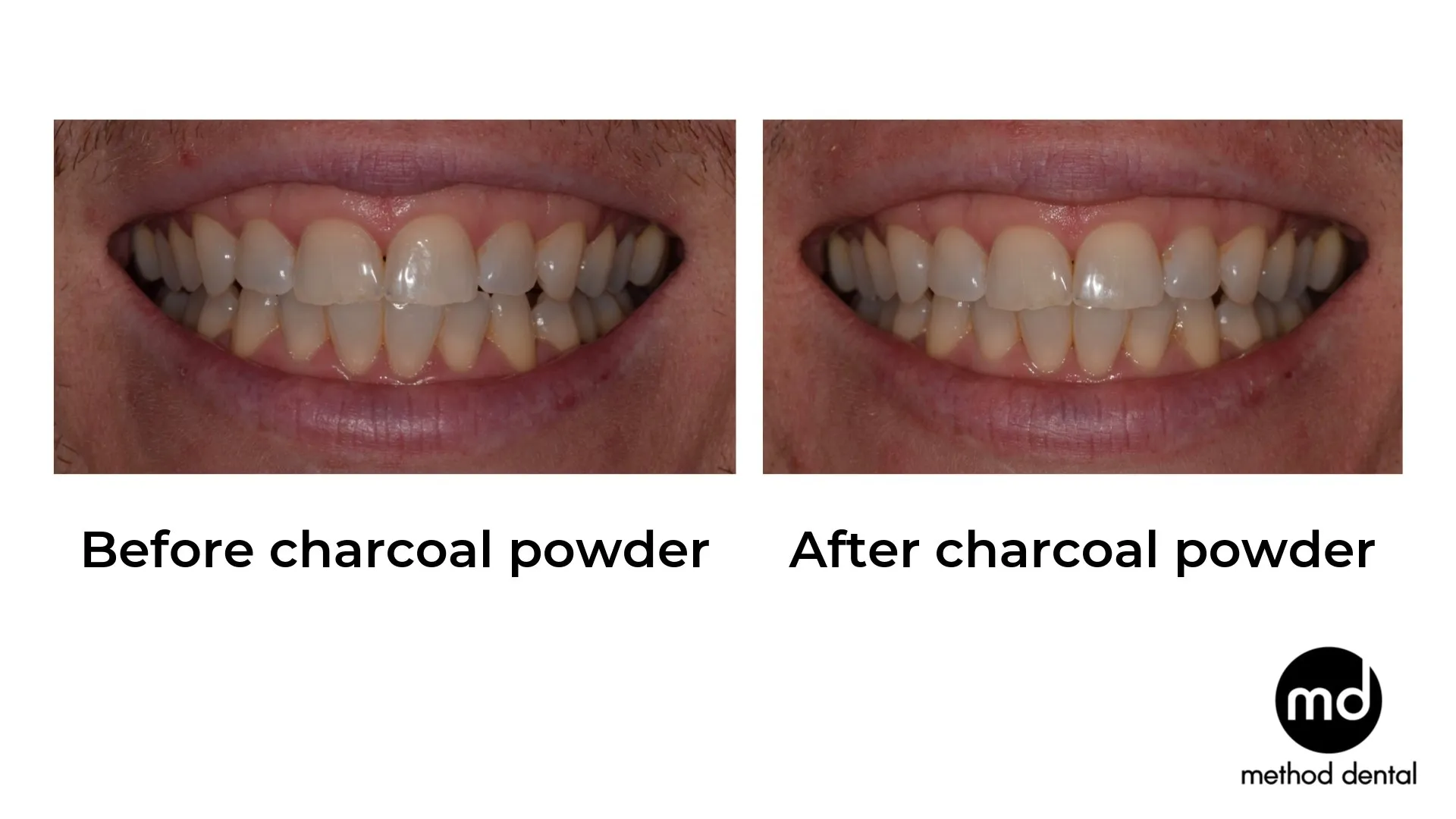
When choosing an activated charcoal product, consider the following factors:
- Source: Look for activated charcoal derived from natural sources like coconut shells or wood.
- Form: Activated charcoal comes in powder, toothpaste, and tablet forms. The powder form is most commonly used, as it offers the most direct application.
- Additives: Check the ingredient list for any added chemicals, sweeteners, or flavors. Choose products with minimal additives.
- Certifications: Look for products that are certified by reputable organizations to ensure quality and safety.
Potential Risks and Side Effects
While activated charcoal is generally considered safe, there are potential risks and side effects to be aware of. It’s crucial to understand these to make an informed decision about using activated charcoal for teeth whitening. Overuse or improper use can lead to some unwanted consequences. The most important thing is to take a responsible approach.
Precautions and Considerations
Here are some precautions and considerations to keep in mind when using activated charcoal:
- Enamel Damage: The abrasive nature of activated charcoal can potentially damage tooth enamel if used too aggressively or frequently. Over time, this can lead to increased tooth sensitivity and a higher risk of cavities.
- Sensitivity: Some individuals may experience increased tooth sensitivity, particularly if they have pre-existing dental issues or thin enamel.
- Staining: Activated charcoal can stain the gums, and any existing dental work, such as fillings, veneers, or crowns.
- Consult a Dentist: Always consult your dentist before using activated charcoal, especially if you have any existing dental issues or concerns. Your dentist can provide personalized advice and recommendations.
- Moderation: Use activated charcoal in moderation and do not exceed the recommended frequency. Overuse can increase the risk of side effects.
- Proper Brushing Technique: Brush your teeth gently and use a soft-bristled toothbrush to minimize the risk of enamel damage.
Comparing Activated Charcoal to Other Whitening Methods
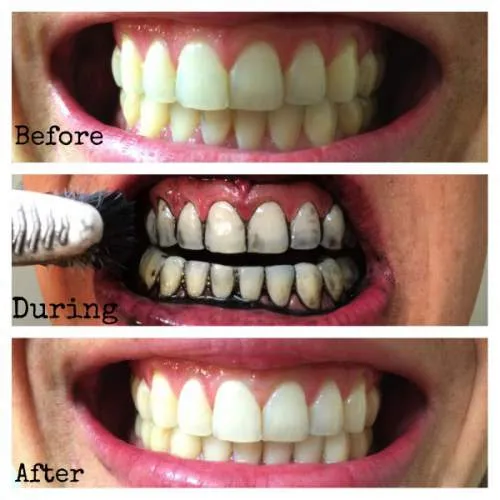
Activated charcoal is just one of many methods for teeth whitening. Comparing it to other options can help you make an informed decision about which method is best for your needs and preferences. Understanding the advantages and disadvantages of each method is important. Different teeth whitening solutions have varying levels of effectiveness, cost, and potential side effects.
Other Teeth Whitening Options
Here’s a brief overview of other popular teeth whitening methods:
- Whitening Toothpastes: These toothpastes contain mild abrasives and chemicals that help to remove surface stains. They are relatively inexpensive and easy to use, but results may be limited.
- Over-the-Counter Whitening Strips and Gels: These products typically contain hydrogen peroxide or carbamide peroxide, which helps to bleach the teeth. They are more effective than whitening toothpastes but may cause temporary tooth sensitivity.
- Professional Teeth Whitening: This involves in-office treatments performed by a dentist. These treatments use higher concentrations of bleaching agents and can provide more dramatic and long-lasting results. However, they are more expensive than over-the-counter options.
- Teeth Whitening Trays: Custom-fitted trays are used with whitening gels to whiten teeth. They are an effective option that can be done at home, but it usually requires an appointment to get them made.
Conclusion
Activated charcoal presents a natural and accessible option for those seeking to improve their smile. While it may offer some benefits, such as reducing surface stains and removing impurities, it’s important to have realistic expectations and to be aware of potential risks. Always prioritize your oral health and consult with a dentist for personalized recommendations and guidance. Ultimately, the best approach is a combination of good oral hygiene practices, a balanced diet, and regular dental check-ups to maintain a healthy and beautiful smile. Consider all factors and make an informed decision that is right for your specific needs. Your dentist can provide the best advice to support you in your journey to a brighter, healthier smile.
